Conversational AI has revolutionized the healthcare industry by enhancing patient engagement and accessibility. It provides a platform for patients to ask questions, schedule appointments, and receive timely reminders, fostering a stronger connection between individuals and healthcare providers.
With its 24/7 availability, patients can seek assistance at any hour, ensuring urgent concerns are promptly addressed. Additionally, AI-powered chatbots streamline triage processes, enabling efficient assessment of symptoms and prioritizing urgent cases. This not only reduces administrative workload but also minimizes patient wait times
Conversational AI excels in seamless connectivity and wide reach due to their incorporation of two key features:
Natural Language Processing (NLP) – Natural Language Processing (NLP) – This behavioral technology equips AI systems to engage with humans using natural language, enabling fluid and intuitive interactions.
Machine Learning (ML) – This branch of AI empowers machines to emulate intelligent human behavior, allowing them to learn and adapt based on data and experiences.
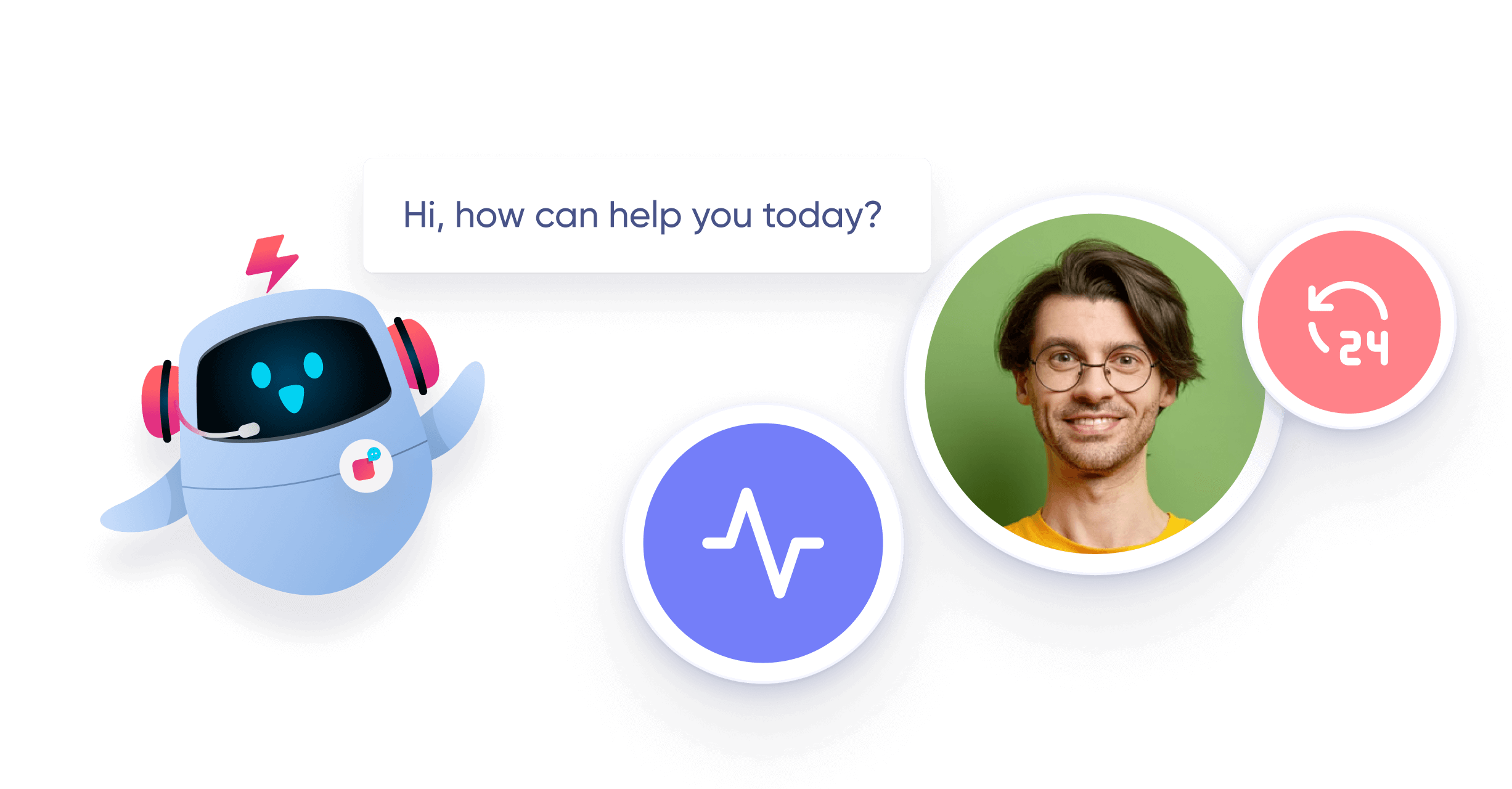
Conversational AI is important in healthcare delivery and in improving patient engagement and satisfaction.
For instance, your conversational AI solution can be used as a symptom checker to assess patients’ health before coming to the clinic. Whenever a patient tries to connect to a healthcare provider, the AI assistant asks a series of highly targeted questions. These questions provide an overview of the patient’s symptoms, medical history, and other critical information to the healthcare practitioner. Using an intelligent symptoms checker, the AI assistant can even make a preliminary diagnosis based on the patient’s symptoms. This allows patients to get early care at the right time and also gives them the capability to make informed decisions about how they want to proceed with their treatment.
Conversational AI can further automate several repetitive tasks, such as handling patient queries, scheduling appointments, tracking prescription refills, etc., which would normally be handled by healthcare staff. This reduces the burden on healthcare practitioners and improves their operational efficiency and saves time and money. Aside from this adopting AI-powered solutions in healthcare can also reduce the dependency on human agents thus reducing labor and the associated operating costs.
Suggest reading: Your go to guide on conversational AI solutions
Virtual assistants and conversational AI can manage patient inquiries and provide critical medical information. By integrating AI solutions with a rich knowledge base, virtual assistants can address patient queries regarding insurance, medications, healthcare services, and more. This reduces the need for patients to constantly reach out to healthcare staff to find answers.
Virtual assistants can also be used to disseminate important medical information to the public. For instance, during the COVID-19 pandemic, WHO used conversational AI-powered virtual assistants to deliver important information regarding the virus, safety measures, symptoms, and treatment steps to the general public.
Conversational AI solutions can also be used in appointment booking. Normally healthcare staff would have to spend a lot of their time setting up appointments and sending out reminders to patients. However, AI can automate the entire process. Patients are given appointment slots and other relevant information to book a consultation at a time of their convenience. They can reschedule or cancel without making a call or being put on hold. This improves patient satisfaction.
Conversational AI solutions can also set medication reminders to help patients take their medicines on time. They can also track prescriptions and send out reminders when medicines are due for a refill. These solutions can also store any and all information regarding a patient’s medication history, drug interactions, side effects, and more.
Suggest reading: Everything You Need To Know About Generative AI
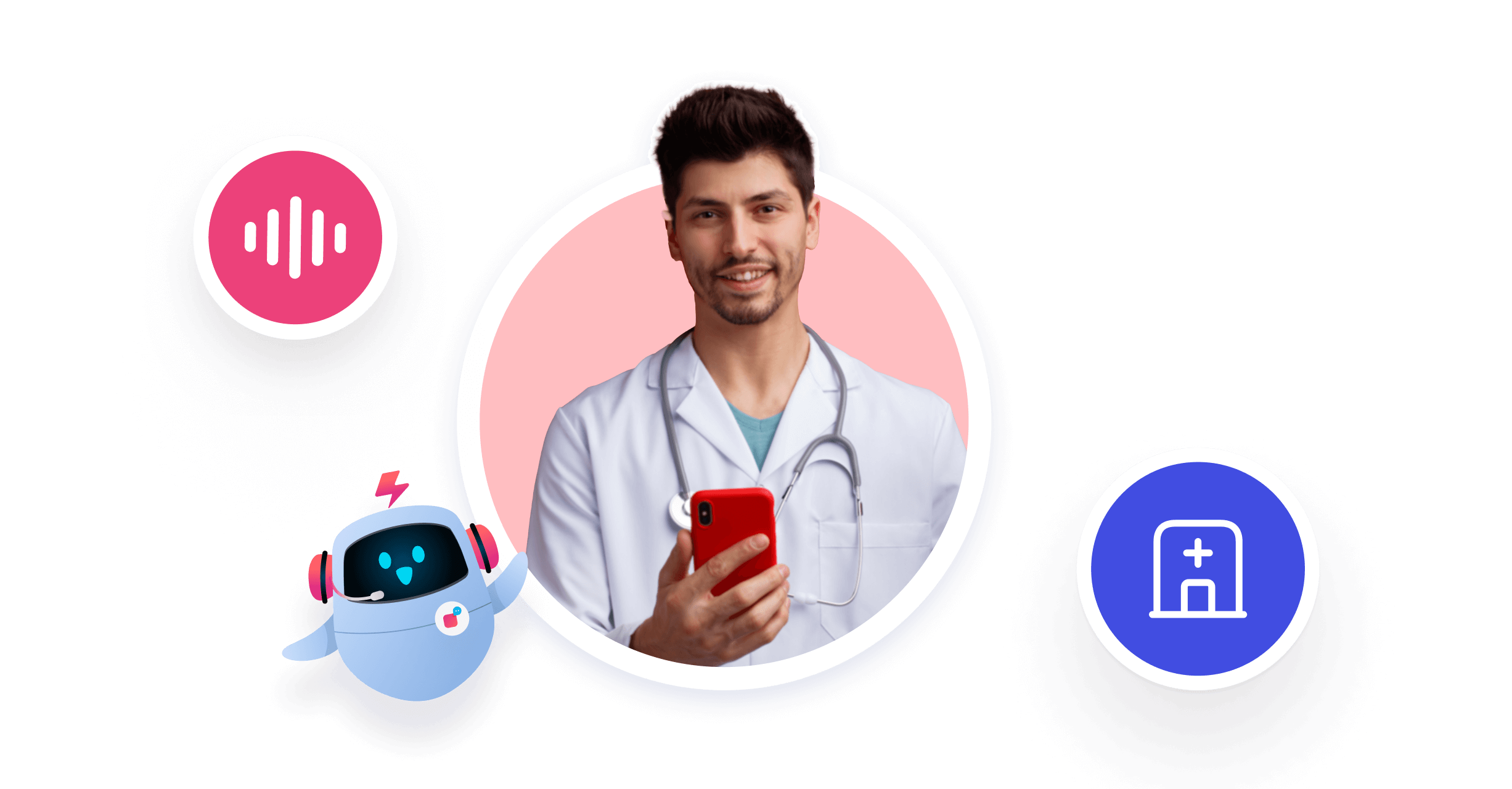
Many of the technology used by doctors and other healthcare professionals have built-in AI capabilities crucial in providing telehealth and remote monitoring services to patients.Virtual assistants can be configured to collect important medical data from patients and analyse it to provide real-time insights. AI can also be integrated into medical devices such as heart monitors, blood pressure cuffs, and other healthcare monitoring systems. The data from these devices is then analysed by AI, and healthcare professionals are alerted in case any discrepancy or abnormality is noted.
AI enables healthcare practitioners to make clinical diagnoses by analysing different types of patient data against a larger volume of historical data to help them accurately interpret medical imaging and test results. Conversational AI can also be integrated into electronic health records and medical databases. This is quite useful in helping doctors and medical staff record data related to patient experience using NLP and ML algorithms.

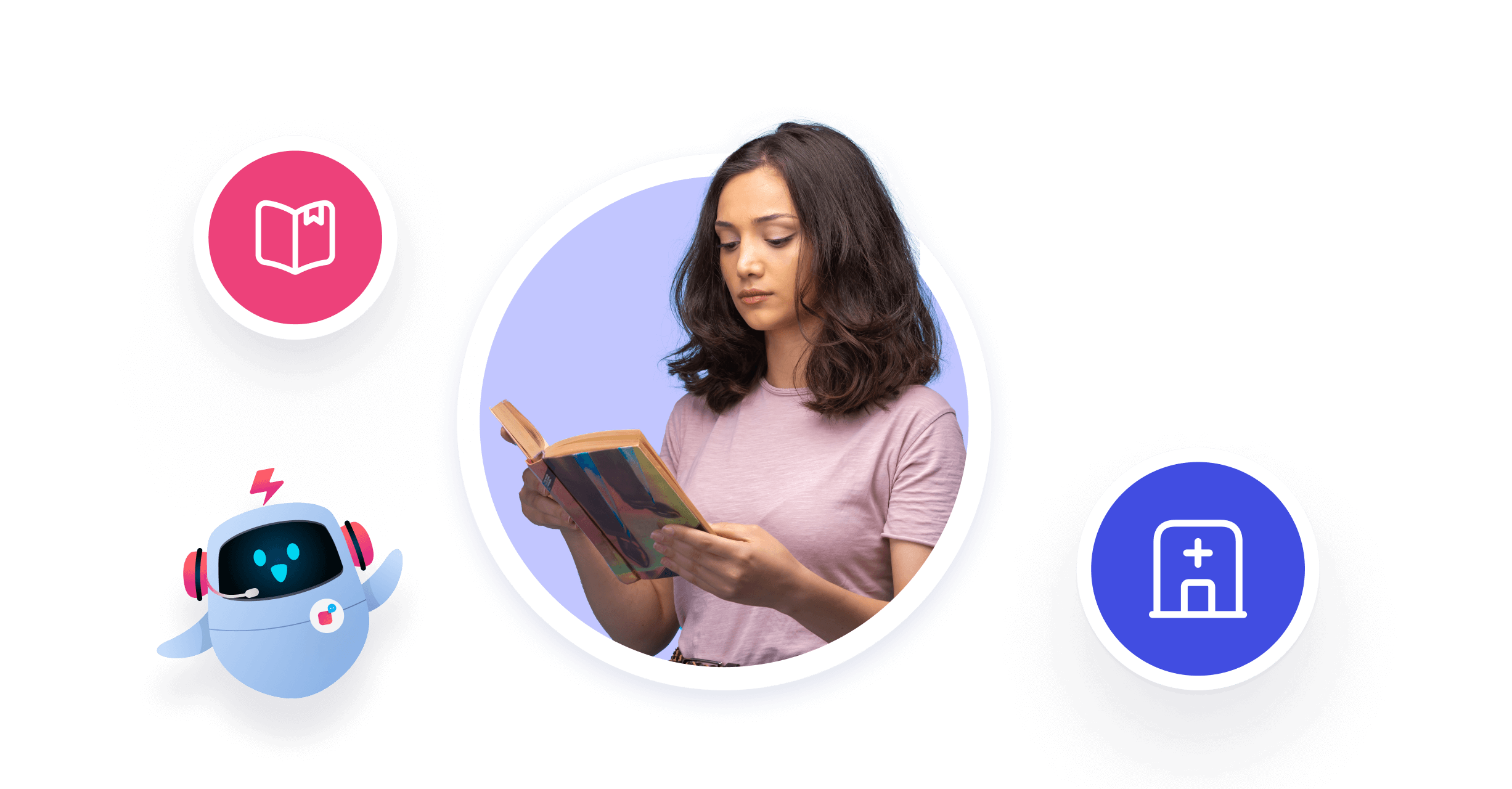
Often patients who suffer from certain chronic illnesses require a lot of self-management, and this, in turn, requires that patients be educated about their condition and how to properly manage it.Conversational AI solutions are a great tool for facilitating patient education and in providing timely support whenever needed. It can answer patient queries regarding symptoms and treatment options and also provide extensive information on how patients can effectively manage their illnesses by themselves in situations where medical intervention is not needed.
Leveraging conversational AI for healthcare admittedly has several benefits. But we also need to be mindful of the fact that this process also involves an exchange of a lot of highly sensitive patient data. This is why data privacy and security is of utmost importance when implementing conversational AI for healthcare.For healthcare in particular, it is important to have stringent data compliance regulations in place. Some examples include Global Data Protection Regulation (GDPR) and Health Insurance Portability and Accountability Act (HIPAA).

Using conversational AI in healthcare has several benefits.
A conversational AI assistant can be used to answer commonly asked patient queries. This enhances the patient experience since their queries are resolved faster, and wait times are reduced. Human agents can focus on more complex tasks, leading to better healthcare practices.
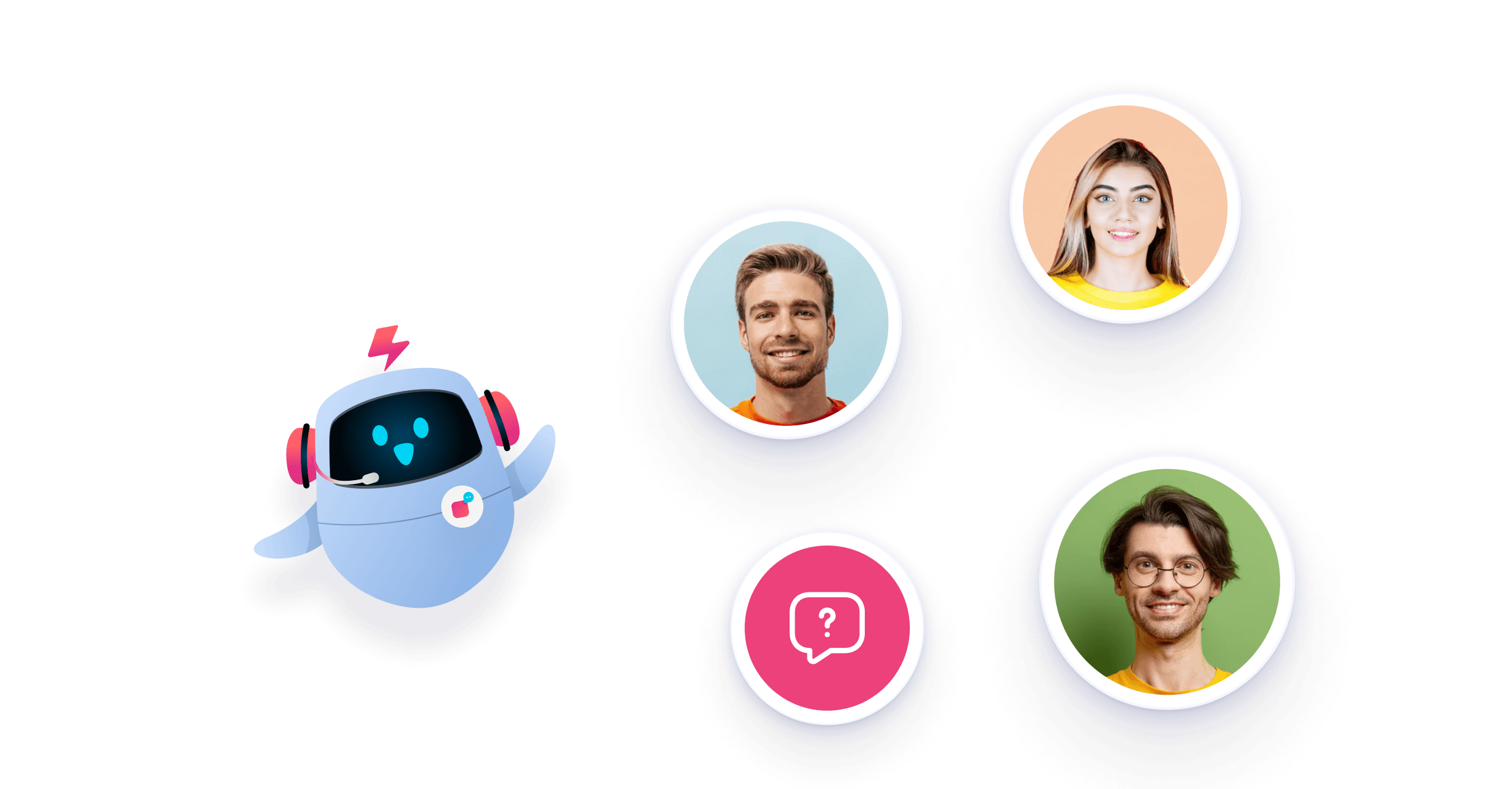
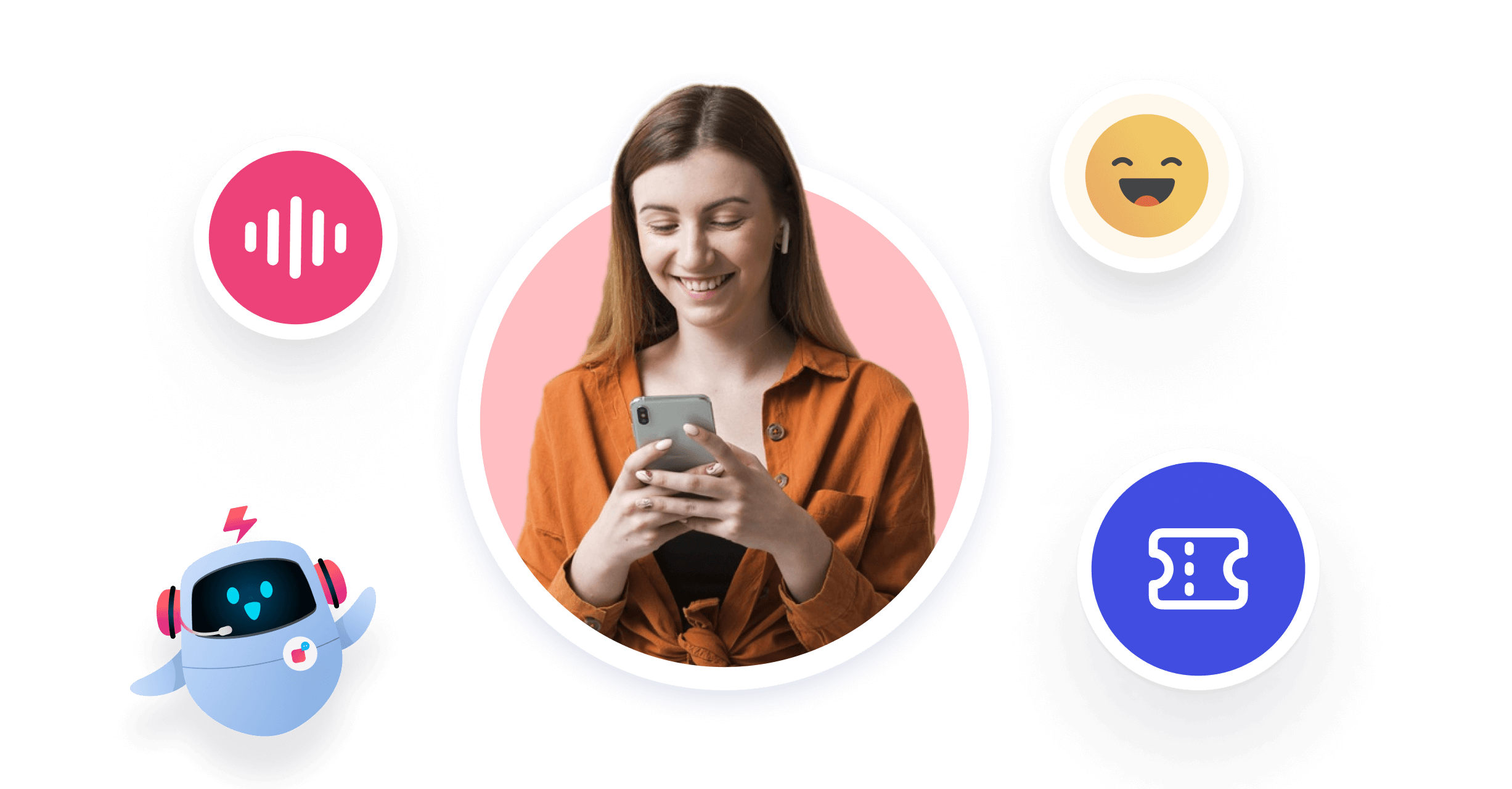
AI can automate tasks such as scheduling appointments so that patient consultations are more streamlined during rush hours. It can also be used to reschedule and cancel appointments according to a patient’s convenience without having to call up their clinic or hospital every single time. You can also automate follow-up appointments so patients in recovery do not miss consultations.
Conversational AI plays a role in helping healthcare practitioners reduce the time spent on reptetitve and time-consuming manual tasks such as the paperwork entry for hospitalisations. It can also automate outpatient procedures such as billing and invoicing, recording treatment history, and processing discharge summaries.
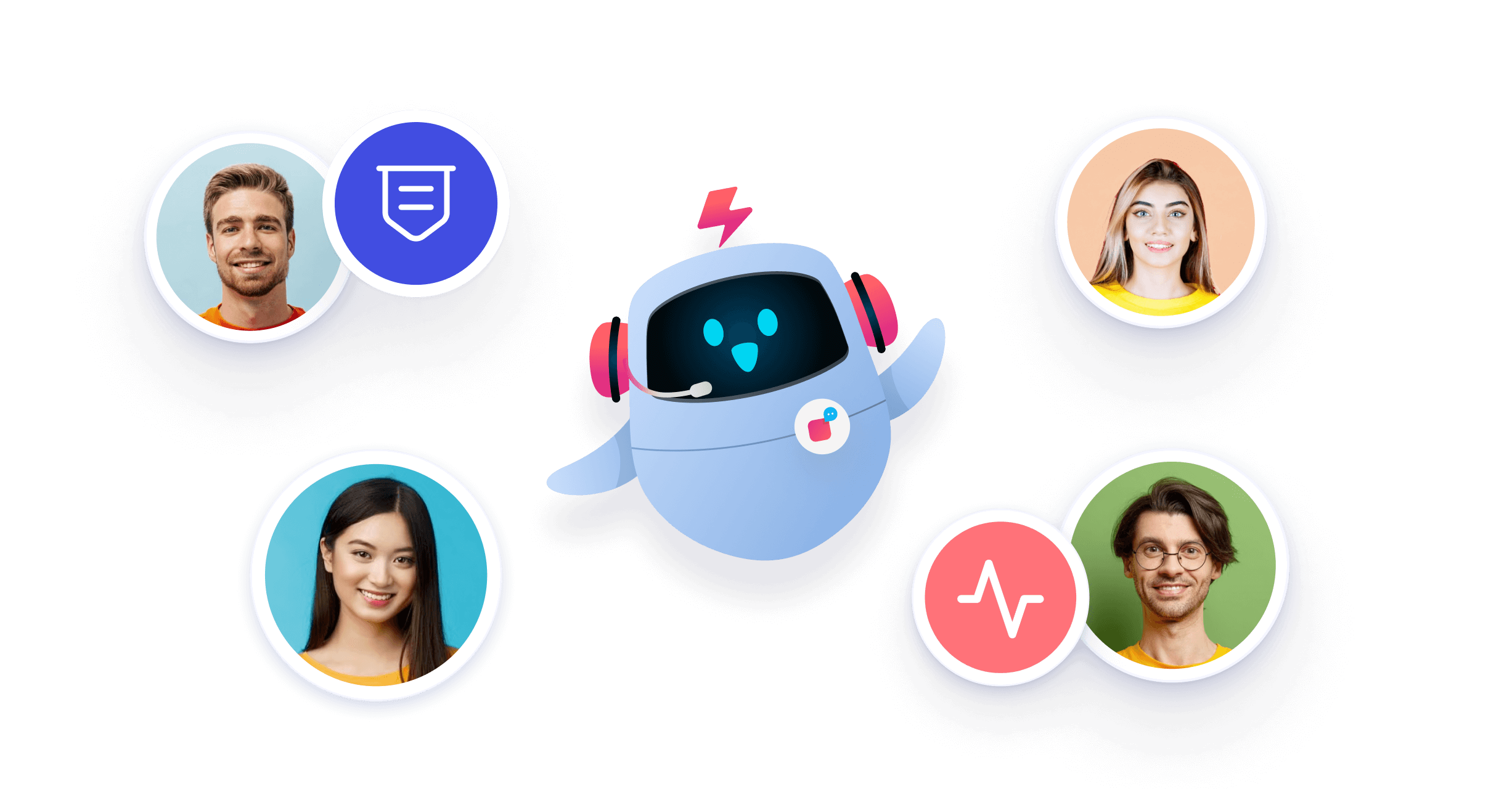
Similarly, conversational AI can be used in a number of ways to drive patient support and engagement as well as reduce the burden on already exhausted healthcare and medical staff.
Verloop.io, one of the most popular conversational AI platforms in the market allows you to offer delightful experiences across channels to your patients. The platform leverages advanced NLP and ML to tackle patient issues with zero hassle. Aside from this Verloop’s solution is scalable, offers comprehensive analytics, and can be integrated with several third-party applications to streamline your workflow.
Over the past decade, conversational AI has been implemented by dozens of healthcare practices. Here are some of the most successful examples of conversational AI in the healthcare industry.
This particular chatbot was launched with the aim of helping patients battling cancer to get all the information they need. The application gives patients an extensive list of information related to fitness regimes, diets, post recovery care, and other important practices. Patients also have the option to ask queries to the chatbot. In cases where a doctor’s assistance is required, the app allows patients to connect to an online oncologist.

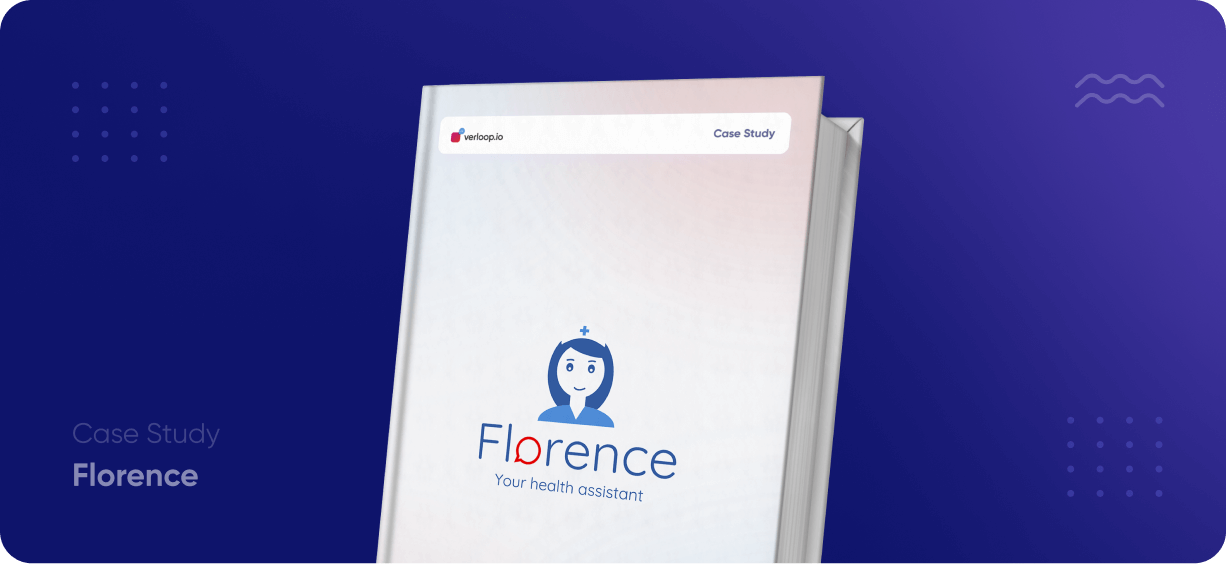
Another popular healthcare chatbot, Florence messages patients in time to take their medications. Patients simply have to type in the name of the medicine and the frequency with which they need to take it and Florence will setup alerts to remind patients at the appropriate times. Aside from this, Florence can also track a user’s body weight, moods, and other aspects to help patients monitor their health. It can also help patients locate the nearest pharmacy or clinic should the need arise
Ada is a symptom assessment chatbot and allows patients to monitor their health. Once a patient enters his or her symptoms, the chatbot cross-checks it against its vast database to evaluate the user’s health and understand the possible causes. It is a great tool in enabling healthcare practitioners provide proactive care to patients.

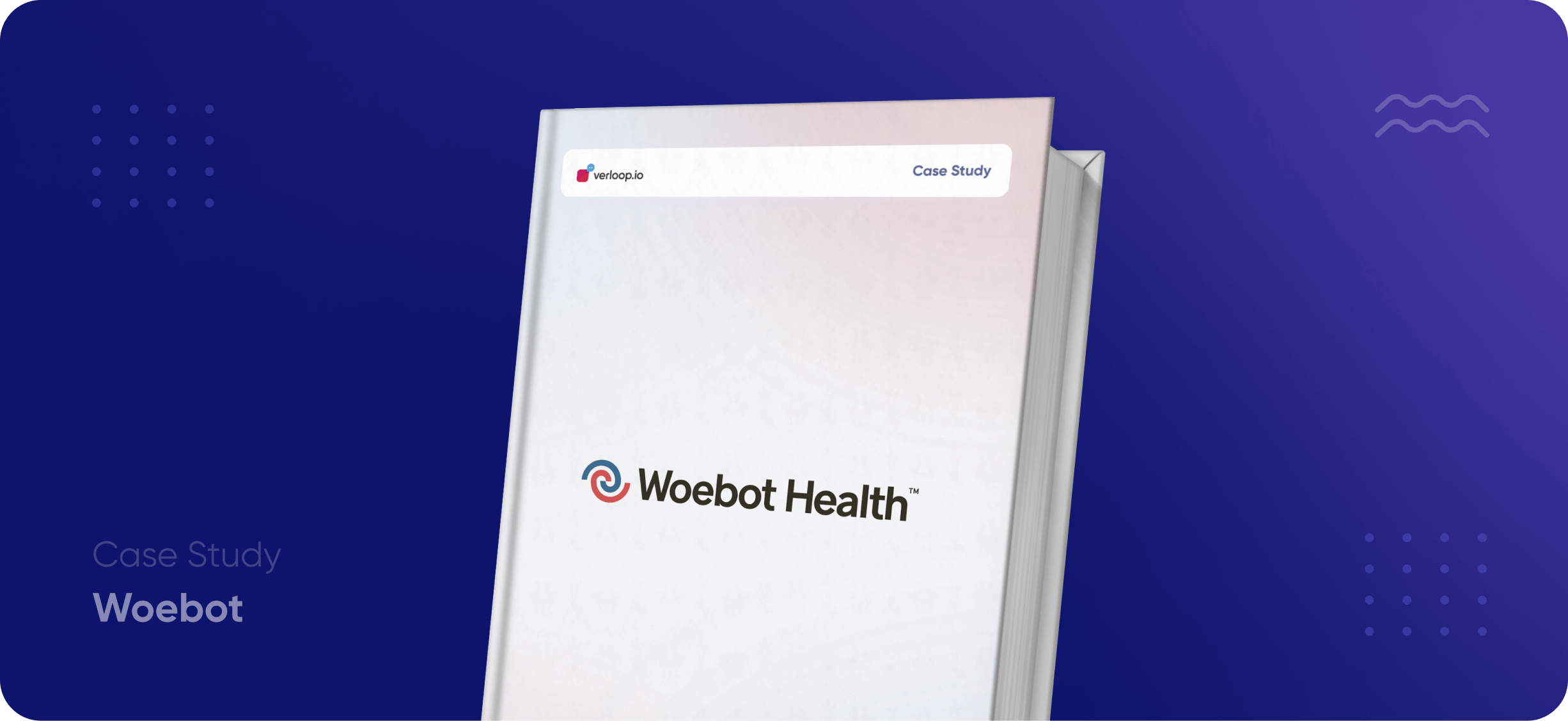
A free therapy chatbot, Woebot leverages the principles of cognitive behavioral therapy to deliver replies to patients suffering from depression, anxiety, etc.
As we welcome newer advancements and innovations in technology, it is not hard to envision what the future will be like for conversational AI and related applications. Healthcare organizations will be able to leverage AI for much more complicated usecases and it can revolutionize healthcare in many ways.
For instance, scientists and researchers in the medical field are digging into how conversational AI tools can be used to accelerate drug discovery. There is in fact, a detailed article on it in the Wall Street Journal that highlights how this whole process is being approached by computational biologists.
Aside from this, conversational AI powered solutions like voice enabled assistants plays a critical role in delivery personalised patient care. NLP and ML algorithms can be used to understand patient inquiries better and provide tailored responses that correlate with the patient’s medical history, medications, treatments, and diagnosis.
AI can also help healthcare organizations with compliance management and enable patients to adhere to medication regimens. This is a huge step in ensuring that healthcare organizations are not burdened beyond their capacity and also in making sure that patient recovery rates are higher.
Clearly, conversational AI has an endless number of usecases in the healthcare industry and the potential to do even more than what’s currently possible. It is transforming patient care and shiting it towards a more proactive mindset. Aside from this conversational AI solutions also have the potential to lower operating costs, reduce the burden on healthcare staff, and paves the way for better patient engagement and support.
Conversational AI can revolutionise the quality of patient care and transform how medical staff interact with patients. All of this makes a solid case as to why healthcare organisations need to start thinking of implementing AI and automation into their workflows.